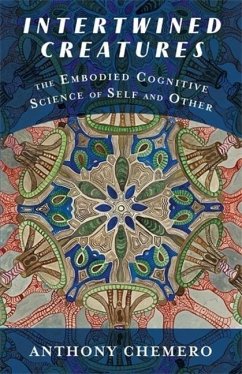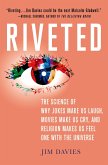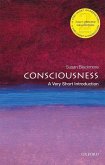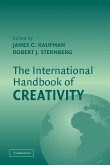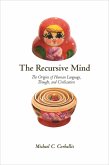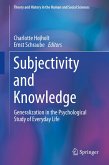In one common view, the mind is immaterial, internal, and invisible. From this perspective, the mind is inherently individual and isolated: It is unknowable from the outside, separated from the world and from other minds. Anthony Chemero--both a philosopher and a cognitive scientist--offers a powerful challenge to this theory of mind. Bringing together philosophical insight and empirical data, he develops a new understanding of the mind that centers embodiment and social interaction. According to Chemero, the mind is intertwined with the world: It depends on the body, the surrounding environment, and the people with whom an individual interacts. He shows that cutting-edge research in cognitive science provides striking experimental evidence for this concept of the intertwined self. Chemero explores the philosophical, moral, and political implications of the claim that the self is necessarily interwoven with the world and with others, drawing connections to phenomenology, critical theory, and feminist political theory. Deeply interdisciplinary and engagingly written, Intertwined Creatures makes an urgent case for seeing the self as social--especially in the age of AI--with radical consequences for ethics and politics.
Bitte wählen Sie Ihr Anliegen aus.
Rechnungen
Retourenschein anfordern
Bestellstatus
Storno

